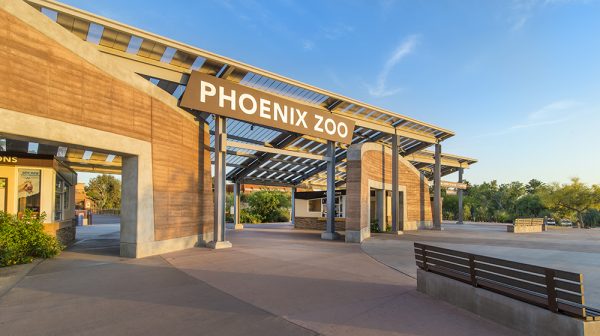Quick Facts about National Zoo Awareness Day:
- Day of Observance: August 31
- Main Objective: To raise awareness about the role of zoos in conservation, education, and research while also advocating for the well-being of animals in captivity.
- Primary Advocates: Zoologists, animal welfare activists, educational institutions, and zoo professionals.
- Key Message: Zoos play a significant role in conservation and education, but ensuring the highest animal care and welfare standards is essential.
- Target Audience: General public, educators, policymakers, animal enthusiasts, and conservationists.
Introduction: The Dual Role of Modern Zoos
National Zoo Awareness Day, celebrated on August 31, shows zoos’ vital role in global conservation efforts, research, and education. While they offer a unique opportunity for people to connect with wildlife, there’s an ongoing dialogue about ensuring the welfare of animals in captivity.
The Evolution of Zoos: From Menageries to Conservation Hubs
Historical Perspectives
Historically, zoos began as menageries that showcased exotic animals primarily for entertainment. Over time, their mission has evolved, shifting towards conservation, education, and research.
Modern Zoos: Conservation at the Forefront
Today, many zoos actively participate in breeding programs for endangered species, reintroduction initiatives, and habitat preservation efforts, becoming vital players in global conservation.
Ensuring Animal Welfare: Beyond the Enclosures
Designing Naturalistic Habitats
The best zoos now aim to recreate natural habitats, allowing animals to exhibit natural behaviors, which is crucial for their physical and psychological well-being.
Veterinary Care and Nutrition
Consistent veterinary attention and diets tailored to each species ensure that animals remain healthy and thrive in their environments.
How You Can Contribute to National Zoo Awareness Day
Educate and Advocate
Learn about the role of zoos in conservation and share this knowledge. Advocacy can drive zoos to maintain the highest standards of animal care.
Support Ethical Zoos
Choose to visit and support zoos that prioritize animal welfare, engage in legitimate conservation efforts, and have transparent practices.
Empower Yourself: Resources to Dive Deeper
- Association of Zoos & Aquariums (AZA): A non-profit organization advancing zoos and public aquariums in conservation, education, science, and recreation.
- World Association of Zoos and Aquariums (WAZA): An international body focusing on animal welfare in zoos and aquariums and their role in global conservation.
- Local Zoo Education Centers: Many zoos offer programs, workshops, and behind-the-scenes tours to educate visitors about their conservation and animal care initiatives.
Conclusion: The Future of Zoos in a Changing World
National Zoo Awareness Day serves as a reminder of the responsibilities and potential zoos hold in wildlife conservation and public education. By supporting ethical practices and continuous evolution in zoo management, we can ensure that these institutions act as true beacons of conservation, research, and animal welfare.


